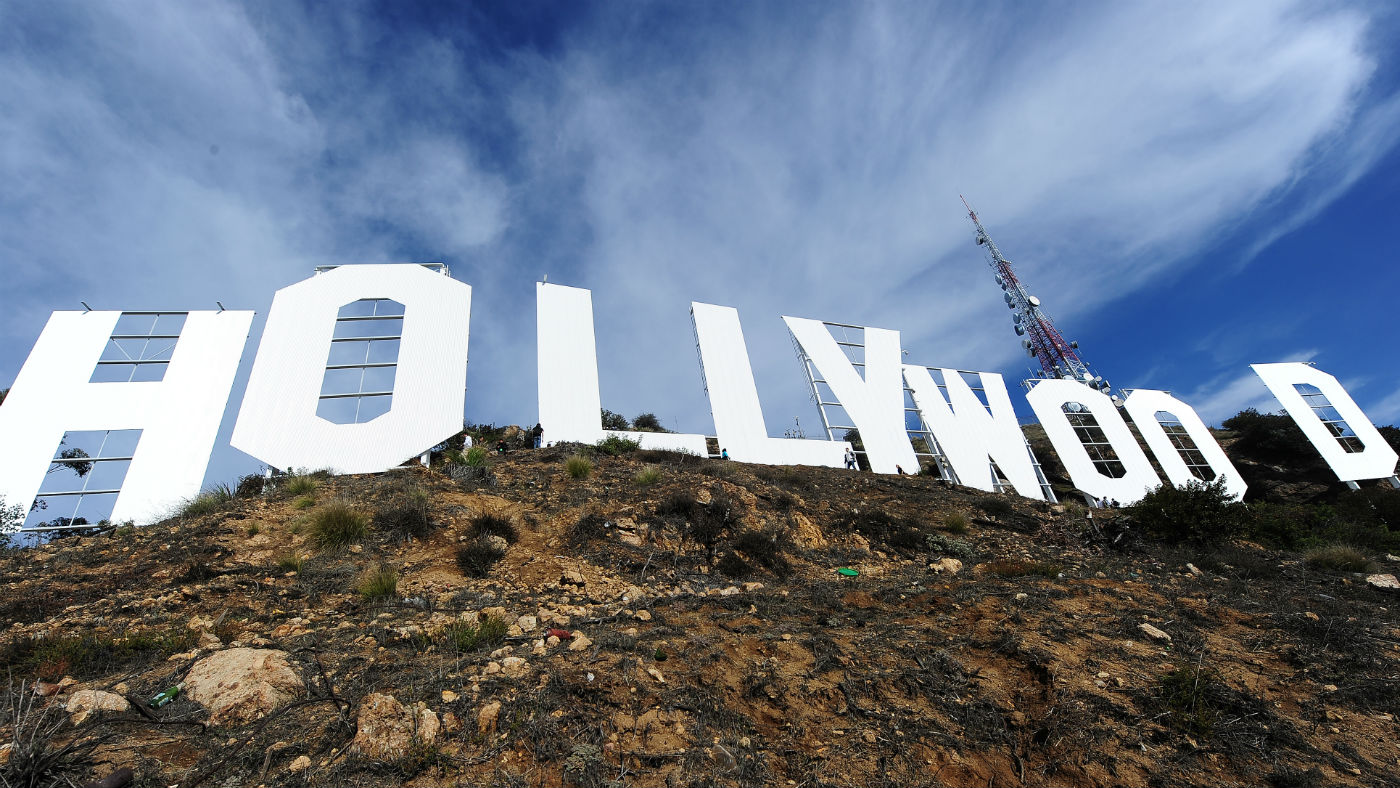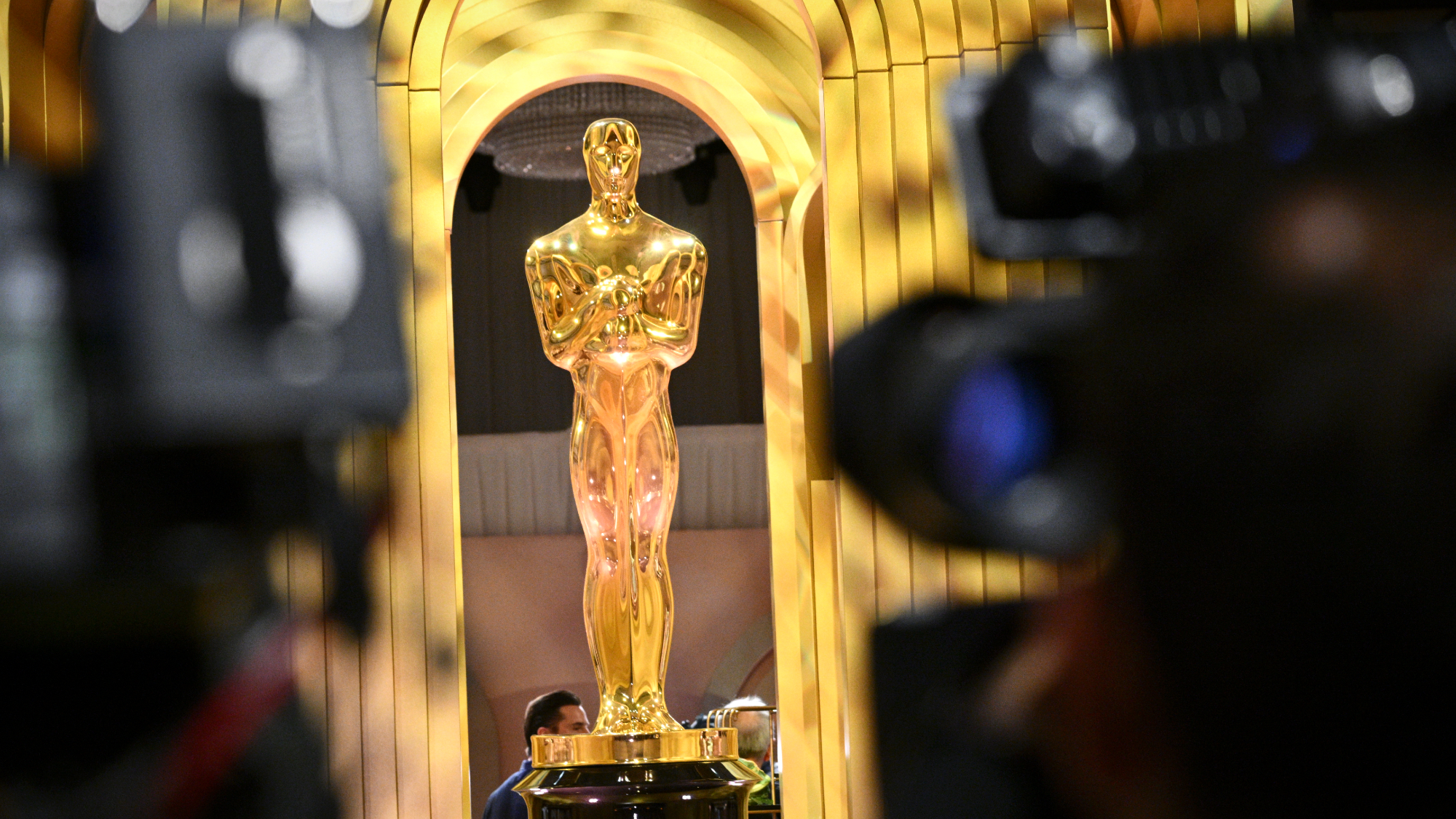Why are Hollywood writers firing their agents?
Writers' union urges members to fire their agents in unprecedented move which could have huge consequences for entertainment industry

A free daily email with the biggest news stories of the day – and the best features from TheWeek.com
You are now subscribed
Your newsletter sign-up was successful
Hollywood screenwriters have fired their agents en masse, in an unprecedented move that could have wide-ranging consequences for the multi-billion dollar entertainment industry.
On Friday, the Writers Guild of America (WGA), which represents most major screenwriters, instructed members to sever their ties with LA's biggest talent agencies due to a contract dispute.
“Hollywood’s biggest labour battle in a decade is officially underway” says Brian Stelter for CNN Business and “the issue, as is usually the case, is money”.
The Week
Escape your echo chamber. Get the facts behind the news, plus analysis from multiple perspectives.

Sign up for The Week's Free Newsletters
From our morning news briefing to a weekly Good News Newsletter, get the best of The Week delivered directly to your inbox.
From our morning news briefing to a weekly Good News Newsletter, get the best of The Week delivered directly to your inbox.
The main bone of contention concerns packaging fees – lucrative payments that agencies receive for putting together multiple clients, for example a writer and a director and an actor, as a “package” for a TV studio.
Vanity Fair says the writers' guild “has aggressively pushed for a new 'code of conduct' that would prevent agents from entering into packaging and production deals — essentially reverting to a system of commission that incentivises the agents to make better deals for writers, not themselves”.
“Our agents work for us. Every dollar they make must be generated as a percentage of the money we make. That is what it means to be our representatives and our fiduciaries. Agency-based studios and packaging fees make a mockery of that and are in violation of the agencies’ ethical and legal obligations to writers” the WGA wrote to its members.
Bloomberg says “Hollywood agents have represented writers since the early days of Hollywood, finding projects, negotiating contracts and consoling clients who are down on their luck” but they “have increasingly entered the film and TV businesses as producers, and writers contend that such a dual-hat arrangement represents a conflict of interest” reports NPR.
A free daily email with the biggest news stories of the day – and the best features from TheWeek.com
“The sudden end to negotiations upended a way of doing business that had been in place for more than four decades” says the New York Times, and has “made for an unusual labour battle”.
“The writers’ unions, which went on strike in 2007 and nearly did so again two years ago, have traditionally had disputes with their bosses at the big studios. This time, they have directed their fury with the people who have served as their advocates and friends” says the paper.
“The guild has 15,000 members, so the action could have sweeping consequences” writes Stelter. “This mass firing of agents has never happened before, so no one quite knows what’s going to happen or how long it’s going to last.”
Vanity Fair reports “as of now, writers and showrunners with existing deals will continue working unimpeded, though many writers will need new agents for future projects”.
However, memories of the 2007 writers’ strike, which effectively brought Hollywood to a standstill for months, is still fresh in the minds of many studio executives, and could prove a powerful bargaining weapon for disgruntled writers to get a better deal from agents.
-
 Political cartoons for February 15
Political cartoons for February 15Cartoons Sunday's political cartoons include political ventriloquism, Europe in the middle, and more
-
 The broken water companies failing England and Wales
The broken water companies failing England and WalesExplainer With rising bills, deteriorating river health and a lack of investment, regulators face an uphill battle to stabilise the industry
-
 A thrilling foodie city in northern Japan
A thrilling foodie city in northern JapanThe Week Recommends The food scene here is ‘unspoilt’ and ‘fun’
-
 The 8 best superhero movies of all time
The 8 best superhero movies of all timethe week recommends A genre that now dominates studio filmmaking once struggled to get anyone to take it seriously
-
 Josh D’Amaro: the theme park guru taking over Disney
Josh D’Amaro: the theme park guru taking over DisneyIn the Spotlight D’Amaro has worked for the Mouse House for 27 years
-
 Golden Globes affirm ‘One Battle,’ boost ‘Hamnet’
Golden Globes affirm ‘One Battle,’ boost ‘Hamnet’Speed Read Comedian Nikki Glaser hosted the ceremony
-
 The most anticipated movies of 2026
The most anticipated movies of 2026The Week Recommends If the trailers are anything to go by, film buffs are in for a treat
-
 Oscars jump to YouTube after decades at ABC
Oscars jump to YouTube after decades at ABCSpeed Read The awards show will be broadcast worldwide on YouTube starting in 2029
-
 Son arrested over killing of Rob and Michele Reiner
Son arrested over killing of Rob and Michele ReinerSpeed Read Nick, the 32-year-old son of Hollywood director Rob Reiner, has been booked for the murder of his parents
-
 Rob Reiner, wife dead in ‘apparent homicide’
Rob Reiner, wife dead in ‘apparent homicide’speed read The Reiners, found in their Los Angeles home, ‘had injuries consistent with being stabbed’
-
 The 5 best narco movies of all time
The 5 best narco movies of all timethe week recommends Cartels from hell and the greasy underside of the international drug trade